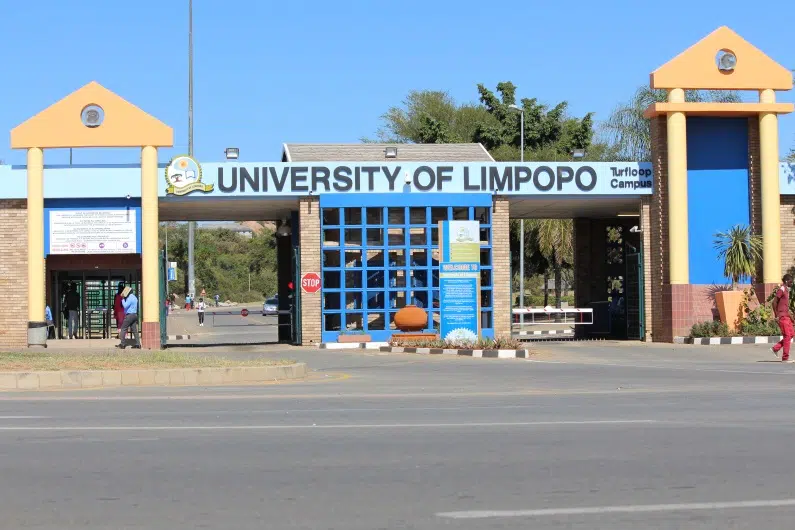By Johnathan Paoli
Parliament’s Higher Education Portfolio Committee has welcomed the court ruling in favour of two master’s students who were wrongfully deregistered by the University of Limpopo.
It said it was a significant step in holding higher education institutions accountable for their actions and ensuring that student rights are upheld.
Committee chairperson Tebogo Letsie strongly condemned the university’s handling of the matter, describing it as an unacceptable disregard for both due process and the hard work of students.
“For an academic institution to make such a mind-boggling, illogical decision, one that disregards both due process and the students’ dedication, was deeply troubling. We are pleased the court has compelled UL to rectify this injustice by covering the students’ legal fees and awarding their hard-earned qualifications,” Letsie said on Thursday.
Philisiwe Cele and Ntando Mnguni, who were pursuing master’s degrees in information studies, faced an unexpected setback when the university deregistered them in 2023, despite both students having already submitted their final dissertations for graduation.
The university justified this move by claiming that the students had not met the admission requirements and suggested they should instead apply for recognition of prior learning.
The students challenged the university’s decision in court, ultimately securing a ruling that compels the university to pay their legal fees and grant their degrees.
Letsie said the ruling served as a necessary corrective measure and a warning to academic institutions that failed to uphold principles of fairness and transparency.
The committee has consistently raised concerns over resource mismanagement within the higher education sector, citing cases where institutions have prioritised legal disputes over core educational functions.
Letsie emphasised that the committee has repeatedly urged universities to allocate their budgets responsibly and focus on the interests of students and academic development rather than engaging in costly and unnecessary legal battles.
The case has drawn wider attention to broader inefficiencies within the higher education system.
The committee has been vocal about concerns regarding financial mismanagement, poor decision-making by university leadership and a lack of accountability in public institutions.
This case is one of several incidents where institutions have been called out for misusing resources on litigation instead of directing funds towards academic programs, student support services and research initiatives.
Beyond financial considerations, Letsie said the ruling also underscored the need for higher education institutions to operate within the framework of ethical governance.
Letsie reiterated that the committee would continue to monitor similar cases closely to ensure institutions were held accountable for their decisions and resource management practices.
INSIDE EDUCATION







